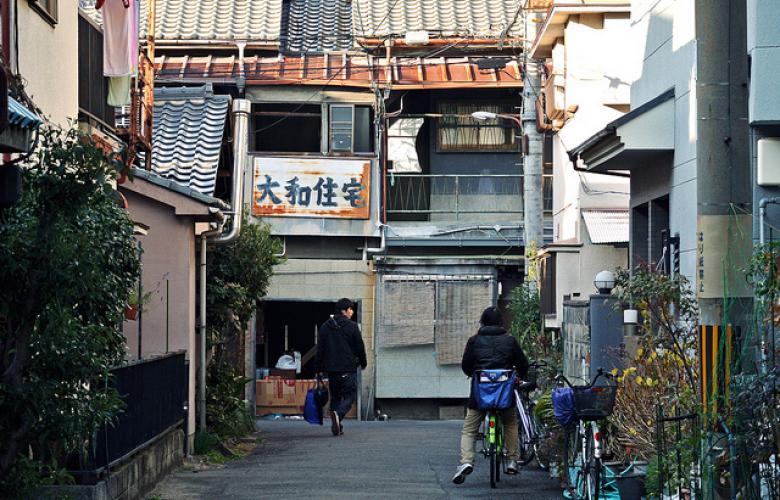Very important information to read:
This article is intended as a preliminary guide only and refers to some but not all elements required to consider in detail prior to starting any property dealings or due diligence. Property dealings are often complex, especially in foreign countries and we highly recommend you seek independent professional advice... read more... The legal status of homesharing in Japan was, for a long time, something of a grey area. While Airbnb had already gained popularity in the country, it wasn’t until June 2017 that the Japanese government officially gave homesharing the green light. With the passing of a new law, it seemed that Airbnb (and its competitors) would be able to operate without finding themselves blocked by regulatory obstacles. However, that has changed.
The minpaku homesharing law, as the legislation is known, provides a framework for the emerging private accommodation industry, and was expected to open the door to growth in line with Japan’s tourism goals. The country entertained a record 24 million visitors in 2016, with the figure set to climb to 40 million in 2020 and a staggering 60 million in 2030, if the government’s tourism targets are met.
For homeowners looking to rent out part or all of their property, these figures seemingly hold huge potential. Japan is Airbnb’s most popular destination in the Asia-Pacific region and one of the company’s top ten markets worldwide. Over five million tourists (domestic and international) relied on Airbnb accommodation in the year ending May 31, 2017, and the company estimates that translated to a 920 billion yen boost for the economy.
Currently, Japan has over 60,000 Airbnb listings, a number that, it was thought, could surge as the country battles accommodation shortages in the run-up to the 2019 Rugby World Cup and 2020 Tokyo Olympics. However, those looking to become hosts are being required to register with their local government and comply with strict requirements and restrictions (such as designated closure periods).
Under the minpaku homesharing law, landlords who successfully complete registration will, in principle, still be able to rent out their properties - albeit for up to 180 days a year. This is double the cap imposed on London hosts and triple that of Amsterdam.
While US-based Airbnb has the lion’s share of the homesharing market in Japan, rivals like Chinese company Zizaike have been gaining traction, with an estimated 14,000 properties available for rent. US-based Expedia’s luxury home-rental arm HomeAway has also been looking to bolster its presence in the country.
With the exception of rail giant Keio, which is working to develop private lodgings along its rail lines, Japanese companies have been slow to tap into the private accommodation trend. However, Japanese e-commerce firm Rakuten is making up for lost time; they partnered with Tujia, a Chinese rival to Airbnb, to enter the Japanese homesharing market. Chinese tourists comprised an estimated quarter of the 24 million visitors to Japan in 2016, with the number expected to rise. Rakuten have also joined forces with HomeAway.
The minpaku homesharing law will officially come into effect on June 15th, 2018. If initial reports are to be believed, it looks set to do the opposite of what was anticipated; stifling, instead of stimulating, the private short-term letting industry.
By Carey Finn
Similar to this:
The future of Airbnb in Japan: Cloudy, with a strong chance of bureaucracy
Daiwa to build 3,000 short-term apartments across Japan in time for Olympics
Renting property in Japan
Very important information to read:
This article and the above linked articles are not complete and are intended as preliminary guides only. These guides refer to some elements to consider prior to starting any property dealings or due diligence. Property dealings are often complex areas, especially in foreign countries and we highly recommend you seek independent professional advice... read more... 




